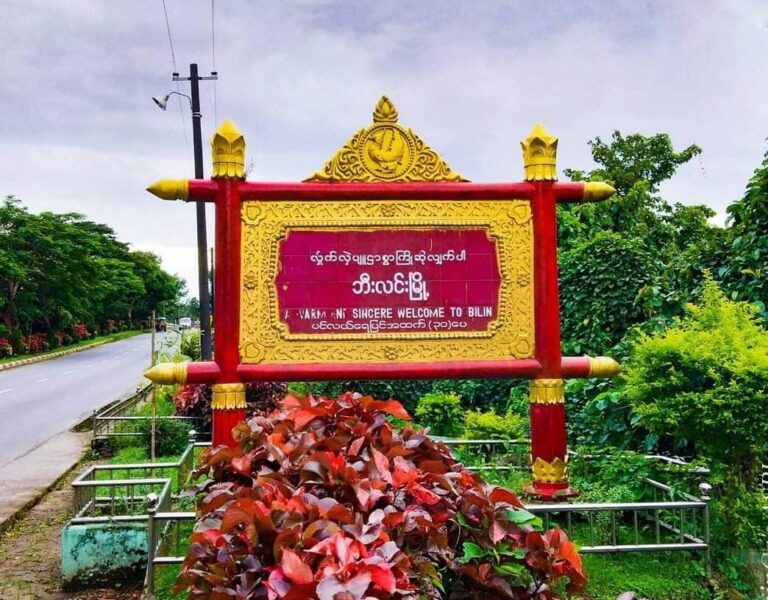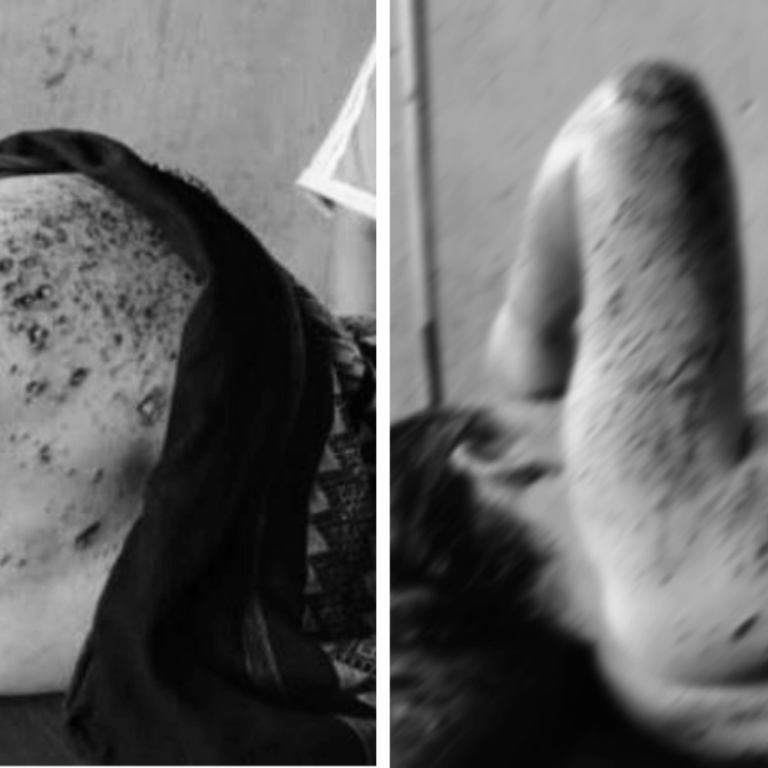HURFOM, Thanbyuzayat, Mudon Township: Burmese army battalions in Thanbyuzayat and Mudon Townships have resumed forcing villagers to guard the Kanbauk to Myaingkalay pipeline, say local sources. Infantry Battalion (IB) No. 62 and Artillery Battalion (AB) No. 318 are also forcing residents to pay a “pipeline security” fee and guard the Tavoy to Moulmein railway.
On November 6th, Infantry Battalion (IB) No. 62, based near Thanbyuzayat town, instructed village and ward headmen to patrol sections of the gas pipeline that pass near their village. “After our headman received the order from IB 62’s commander last week, our village has had to send five men daily on rotations to patrol the pipeline. I completed my responsibility with other four of my neighbors on November 8th. If the sentry duty persists, I will have to go and guard again next month,” said Nai Nyan, 45, from Phaung Sein village.
Residents of at least four villages in Mudon Township, including Yaung Doung, Hnee-Padaw and Doe Mar also report having to guard the pipeline, as well as pay a new security fee. “We have been forced to pay a 2,000 kyat monthly fee since September, although we did not have to guard the pipeline for a little while. But now, they changed their demands to 3,500 kyat for every three months, and we have to go and guard every day on rotations,” said A-Naing, 35, a rubber plantation worker from Hnee-Padaw.
AB No. 318 and IB No. 62 also forced villagers to guard the pipeline from September 1st until the middle of October. During the previous guarding period, residents were permitted to make a payment and exempt themselves from the sentry duty. According to the new order however, issued on November 6th, they must both make the quarterly payment and complete sentry duty.
Nearby Kwan Hlar village was also affected by the order, and residents have to pay the 3,500 kyat fee. Kwan Hlar has been required to guard the pipeline, as well as the Tavoy to Moulmein railway, continuously since September 1st.
“Our village has been required to provide seven to ten men every night, if needed, 24 hours a day on rotation basis for the last three months,” said Nai Taing, 38, a rubber plantation owner from Kwan Hlar, told a HURFOM reporter. “And, on November 6th, Captain Myo Myint from Artillery Battalion No. 318 demanded our village to provide 3,500 kyat per household every three months. It is not fair that we have to provide both our labor and money.”
According to a HURFOM field reporter, many residents are unhappy with the demands for labor and extra security funds. “Not only do we have to do this unpaid job, we have many other things we have to pay like village security fees and village Peace and Development Council expenses. We are required to pay another 1,000 to 2,000 [on top of the new 3,500 kyat pipeline fee] per month from our incomes,” said A-Naing.
“About forty percent of my daily income goes to the different fees and forced donations collected by village PDC and the army. This is the main reason why the majority of villagers have to take out loans. Many villagers could not feed their children because people have to prioritize their income for different fees of the authorities,” concurred another source, from Kwan Hlar village.
According to a source from the Village PDC in Kwan Hlar, people have to provide the security because of the threat of explosions and attacks by Mon and Karen rebel groups in the area. The Kaunbauk to Myaingkalay pipeline, which originates in Tennasserim Division and ends in Karen State, traverses nearly the entire length of Mon State. A second pipeline crosses northern Tennasserim into Thailand, just south of Mon State. A third pipeline is slated to begin construction this year.
The SPDC feels the pipelines to be highly vulnerable, with some cause, as there have been fifteen explosive accidents since the first pipeline was built in 1998. Of these, seven were substantial, and six have been attributed to rebel activity. The KNU is widely understood to have been responsible for two, though it has never officially claimed responsibility, while the origins of the others are unknown, though they are thought to have been the result of poor joints linking sections of the pipeline.
*Some names in have been changed to protect HURFOM sources



